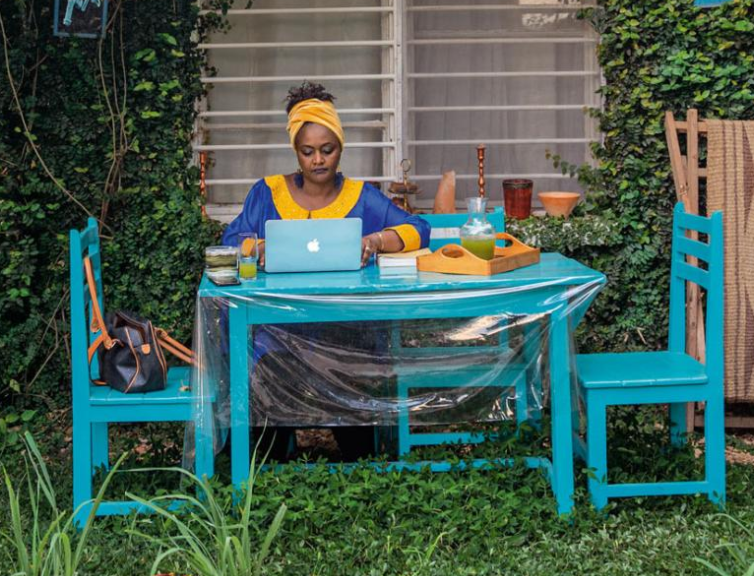Rwanda has moved from a nation that treated women like property, whose chief function was to have children, to one that constitutionally mandates that at least 30 percent of government positions are occupied by women. Since 2003 Rwanda has consistently had the highest female representation, proportionally, of parliamentarians in the world -- currently 61 percent in the lower house. Four of the nation's seven supreme court justices are women, including the deputy chief justice.

The presidency remains the domain of men -- since 2000 the office has been held by Paul Kagame, the former military commander whose forces ended the genocide -- but women occupy 13 of the 26 seats in Rwanda's cabinet. Viewed as an authoritarian by some, a visionary leader by others, Kagame, with his ruling Rwandan Patriotic Front, championed the push to form a new national identity that purged any mention of Hutu and Tutsi, and took giant leaps toward gender equality.












